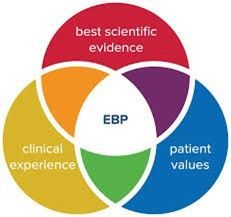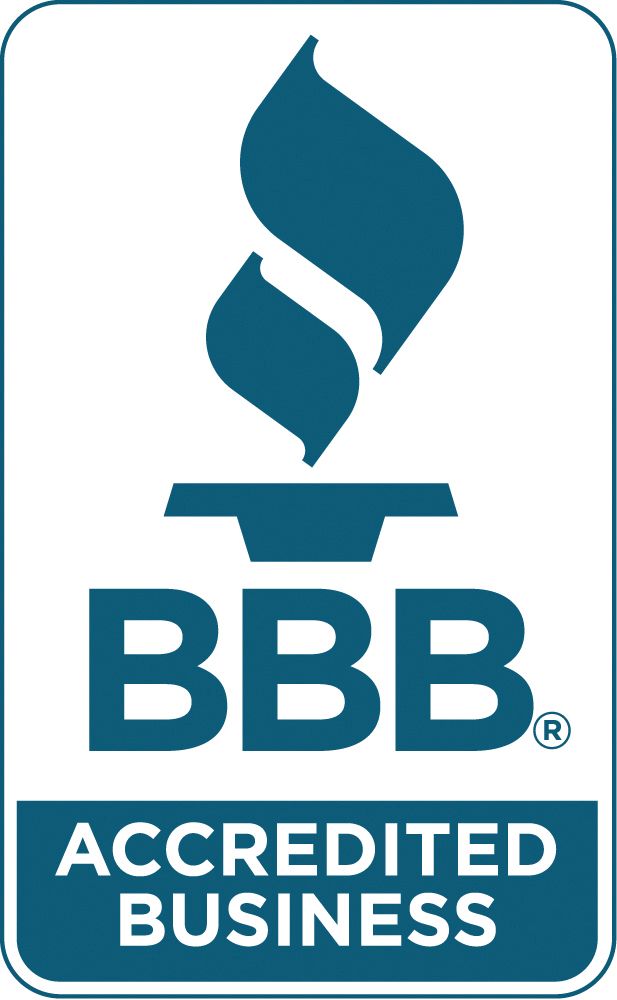Grant Strategies with an Uncertain Federal Pipeline
Agencies relying on federal grants may pivot to other options.

Behavioral health organizations that depend on federal funding and various grants are currently navigating an uncertain landscape. This situation was exacerbated by an executive order that instituted a nationwide funding freeze on January 27, followed by a court injunction on February 11 that brought those freezes into question. As the specter of potential program cuts looms large, it is imperative for agencies to critically reassess their grant strategies in light of the unpredictable nature of federal funding programs.
In light of these challenges, Grantstation, a prominent nationwide clearinghouse for grant funders and seekers, suggests that organizations consider four strategic steps to maneuver through the uncertain funding terrain effectively:
1. Assess the Economic Impact: The future of grantmaking is poised to focus heavily on accountability and tangible outcomes. Mirroring the private sector's shift toward value-based reimbursement—which emphasizes evaluating service outcomes—future funding decisions will be driven by a desire to see demonstrable return on investment and cost savings. While grants are unlikely to vanish entirely, grant makers in Washington increasingly insist on understanding the cost benefits of their investments. Organizations must clearly articulate how their services translate into savings or noteworthy outcomes. For instance, consider demonstrating the financial benefits of programs that prevent youth from entering the juvenile justice system or quantifying the stability fostered by your housing initiatives.
2. Diversify Funding Sources: Relying solely on a single funding source is generally unwise—this precarious strategy can lead to significant vulnerabilities. Behavioral health organizations often depend heavily on one funding stream, commonly from state or county sources. In times fraught with uncertainty, however, a diversified approach to revenue generation is essential. Engaging with a mix of grants, private foundations, financial institutions, corporations, community foundations, and other revenue channels can provide valuable stability, even if these funds do not match the scale of federal allocations.
3. Advocate: While some CEOs may be hesitant to openly voice their concerns about impending funding shifts—fearing potential backlash or targeting—it is crucial to recognize that there are safer and more effective alternatives. Collaborating with lobbying organizations can be a powerful way to amplify your organization’s voice. By working with these entities, which have staff who maintain close relationships with legislators, you can strategically assert your perspectives on the funding landscape.
4. Seek Grant Management Support: Organizations like Grant Works are invaluable allies in navigating the complexities of the grant process. They provide essential support in managing grant operations and ensuring financial management aligns with necessary regulations, enabling organizations to focus on their mission while remaining compliant.
By implementing these effective grant strategies, your organization can enhance its chances of success in navigating the intricate realms of grant planning and development, ultimately positioning itself for greater resilience in an unpredictable funding environment.




